Community colleges have traditionally been places where students can earn associates degrees, but getting a bachelor's required switching to a four-year institution. That's no longer the case in California, and Foothill College is part of the transition.
Legislation passed in 2021 makes permanent and expands a pilot program originally passed in 2014 that allows community colleges to offer bachelor's degree programs, subject to certain requirements.
Foothill, located in Los Altos Hills, was part of the initial pilot with a bachelor's in dental hygiene and gained approval last year to also offer a bachelor's degree in respiratory therapy.
The community college is currently in the process of developing curriculum for the respiratory therapy bachelor's program, with the goal of opening applications by the end of this year or early next year and having classes begin sometime in 2024, Respiratory Therapy Program Director Brenda Hanning said. The new bachelor's degree program will build on an existing associate's degree in respiratory therapy that Foothill offers.
The idea behind offering bachelor's degrees in a community college setting is to expand access and reduce the cost for students to pursue degrees in high-demand fields. Earning a respiratory therapy degree at Foothill is expected to cost less than $10,000 in total, Hanning said. In contrast, annual tuition for the University of California system is $13,104 for in-state students. In the California State University system, it's $5,742 per academic year, and bachelor's degrees traditionally take four years to earn.
Becoming a respiratory therapist in California has traditionally only required an associate's degree, but employers are now preferring candidates with bachelor's degrees, Respiratory Therapy Clinical Director Lisa Hills said. Positions in management or education generally require at least a bachelor's, if not a master's, Hanning said.
"It's where the profession is heading," Hanning said.
Despite the growing need, there has been a dearth of bachelor's degree programs in California. Loma Linda University was the only place in California to get a bachelor's degree in respiratory therapy before the community college bachelor's degree pilot program began, Hanning said. Hills was involved in a pilot respiratory therapy bachelor's at Skyline College in San Bruno.
"It's actually creating access and fulfilling a need, as the pandemic showed us ... for essential workers," Hills said.
Respiratory therapists are focused on helping patients breathe and have played a critical role during the pandemic. They frequently work in intensive care units and are tasked with managing the ventilators that deliver oxygen to patients who can't breathe on their own.
Ashlee Velez got interested in the field after seeing the impact that respiratory therapists had on her mom and uncle, who have both been hospitalized and required intubation.
"We were around nurses and respiratory therapists a lot and to see the care that they provided my family members during a time that was super critical and hard for us was really cool to see," Velez said. "I was compelled and interested in it and that's what drove me in (this) direction."
She is now in her second year of Foothill's associate's degree program in respiratory therapy and said that she is interested in learning more about the option to get a bachelor's.
To enter the bachelor's program, students will have to already have their associate's degree in the field and have passed their licensing exams, Hanning said.
Because many of these students will likely already be working as respiratory therapists, the bachelor's program will operate online. Respiratory therapists frequently work 12-hour shifts in hospitals, which would make set, in-person class times impractical, Hanning said.
The associate's degree includes hands-on lessons and operates in-person, while the bachelor's program will be made up of upper division courses that can be taken online.
Creating a smoother path to a career
Though Foothill currently only offers an associate's degree in respiratory therapy, around half of the students applying for that program already have a bachelor's degree in another field, Hanning said. These are frequently students who followed the common advice to pursue a four-year degree after high school, but earned it in a field where they couldn't find a well-paying job, she said.
"They're here for a reason," Hanning said. "If they had gotten that amazing job, they wouldn't be here."
That's a problem that she wants to help fix. By offering a bachelor's in respiratory therapy, Hanning hopes that students will pursue that option, rather than going to get a different bachelor's degree first. Respiratory therapists beginning their career in the Bay Area can expect to make roughly $100,000 per year and will have plentiful job opportunities, Hanning said.
For students who already have a bachelor's degree in another field, Hanning does not recommend that they come back for a bachelor's in respiratory therapy. An associate's degree will suffice, she said. The program is instead meant for students seeking a bachelor's degree for the first time.
Her hope is that over time, fewer students applying to Foothill's respiratory therapy programs will already have a four-year degree.
"It's changing that mindset," Hanning said. "It's really changing the culture and saying, 'You know what, I'm going to go to a community college to get my bachelor's because it's going to cost me $10,000 and I'm going to have a job at the end.'"
Respiratory therapists are in high demand. The U.S. Bureau of Labor Statistics projects that employment for respiratory therapists will grow 14% from 2021 to 2031, which is "much faster than the average for all occupations."
Foothill's job placement rate for its current associate's degree program is over 80%, Hanning said. That doesn't include students who go on to get a bachelor's degree rather than joining the workforce.
There is high demand for the existing associate's program. Foothill gets roughly 160-200 applicants for 30 seats, Hanning said. The college conducts a lottery among the qualified applicants.
Because the bachelor's program will run online, Hanning said there will be more flexibility to expand over time. The associate's program is limited by the number of clinical placements that are available at hospitals. Students receive more than 1,000 hours of clinical experience before earning their associate's, Hanning said.
Working in the hospital and helping to take care of patients has been an amazing experience, said Niamh Gorman, who is in her second year of the associate's program. That hands-on experience is what has made all of her classroom training come together, she said.
Gorman was motivated to pursue respiratory therapy after her son was born in 2008 with cystic fibrosis, a genetic disorder that impacts the lungs. Getting to a place where she could take the leap into the field took time, but she said that the lower cost of a community college made it doable. Because she wants to eventually go into teaching, Gorman said that she is interested in pursuing her bachelor's degree.
"As a single parent, you have to be able to afford to go back to school and this makes it completely accessible," Gorman said. "It really opens up opportunities and the cost isn't prohibitive."
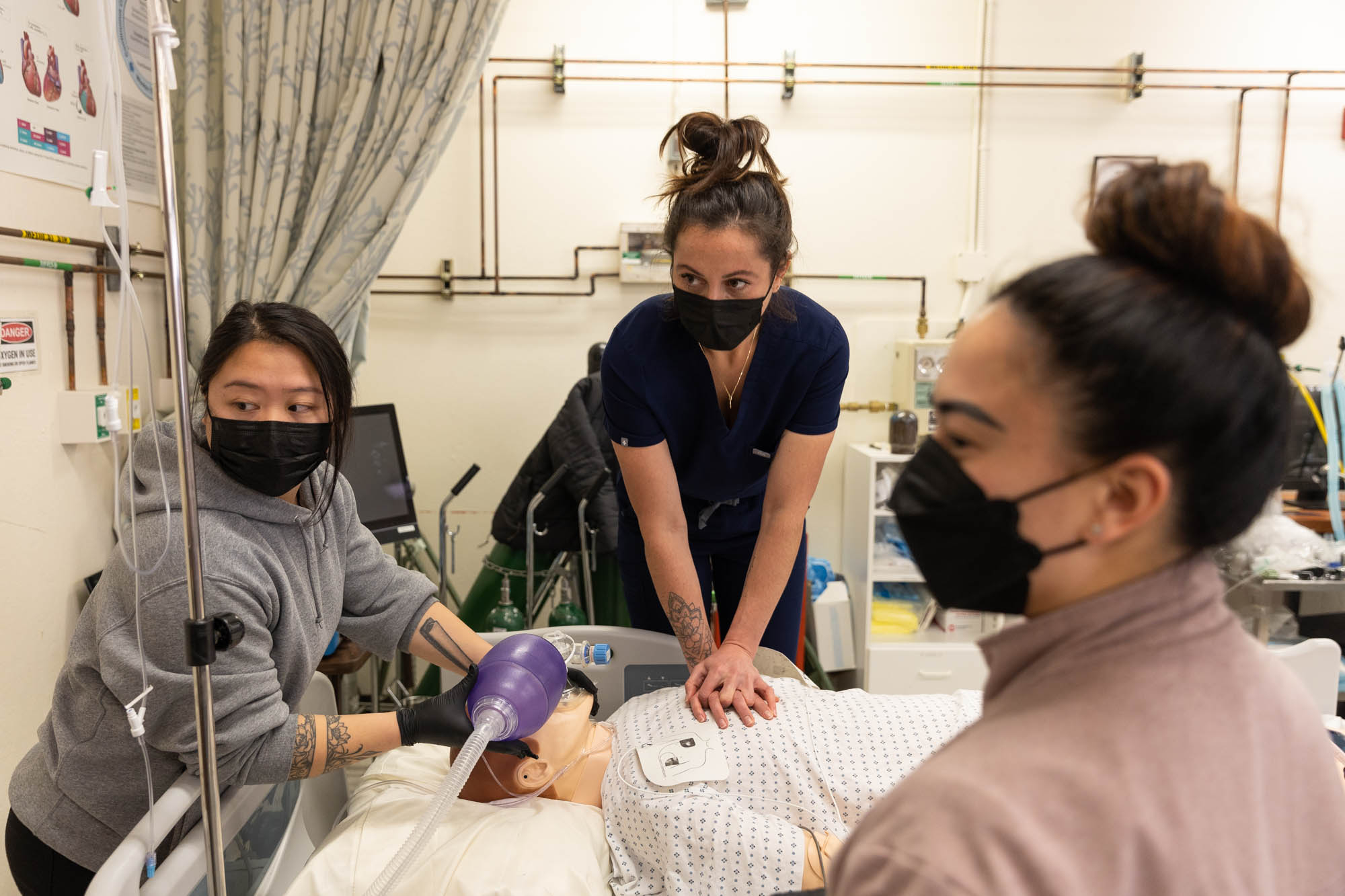
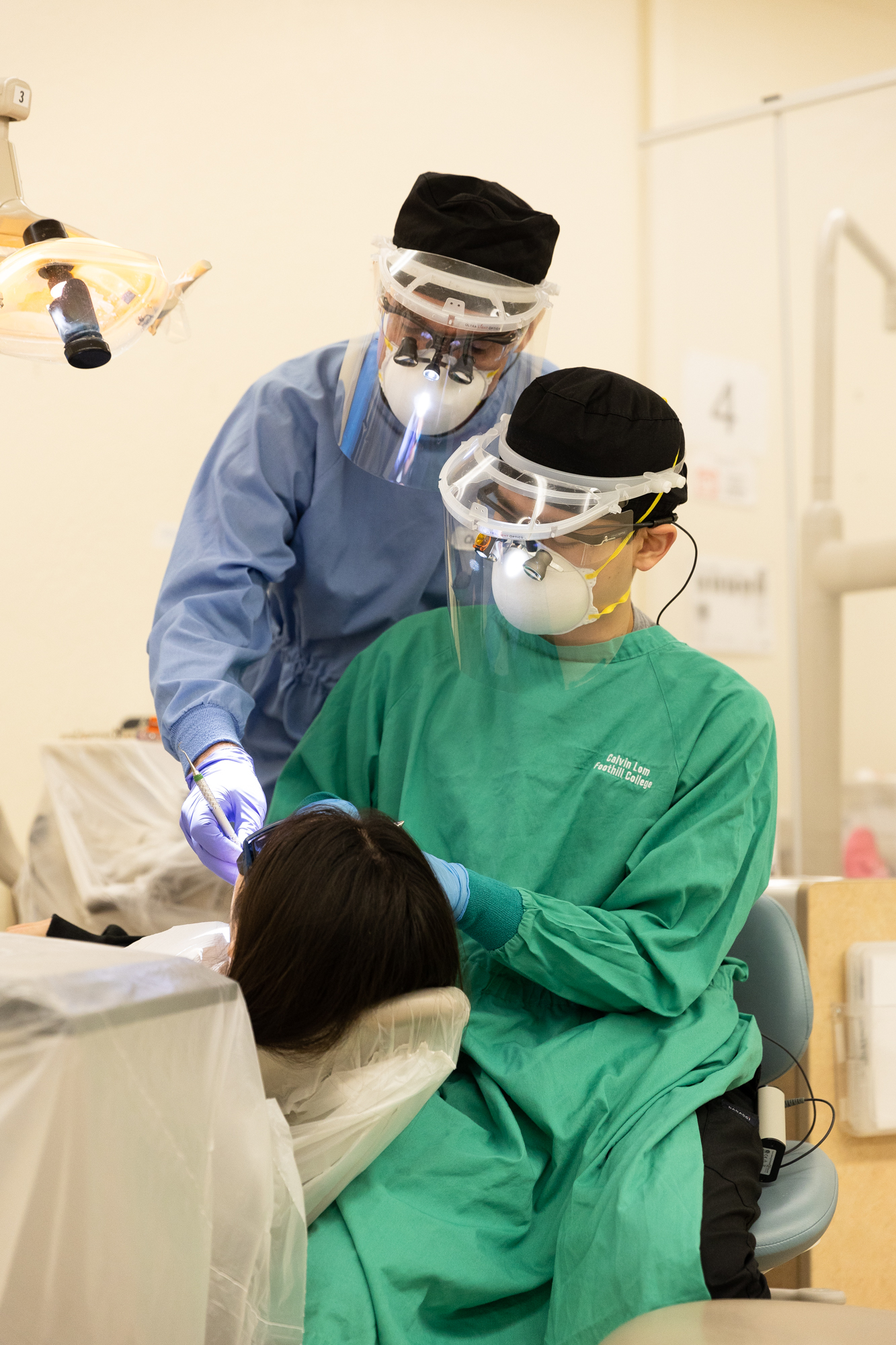

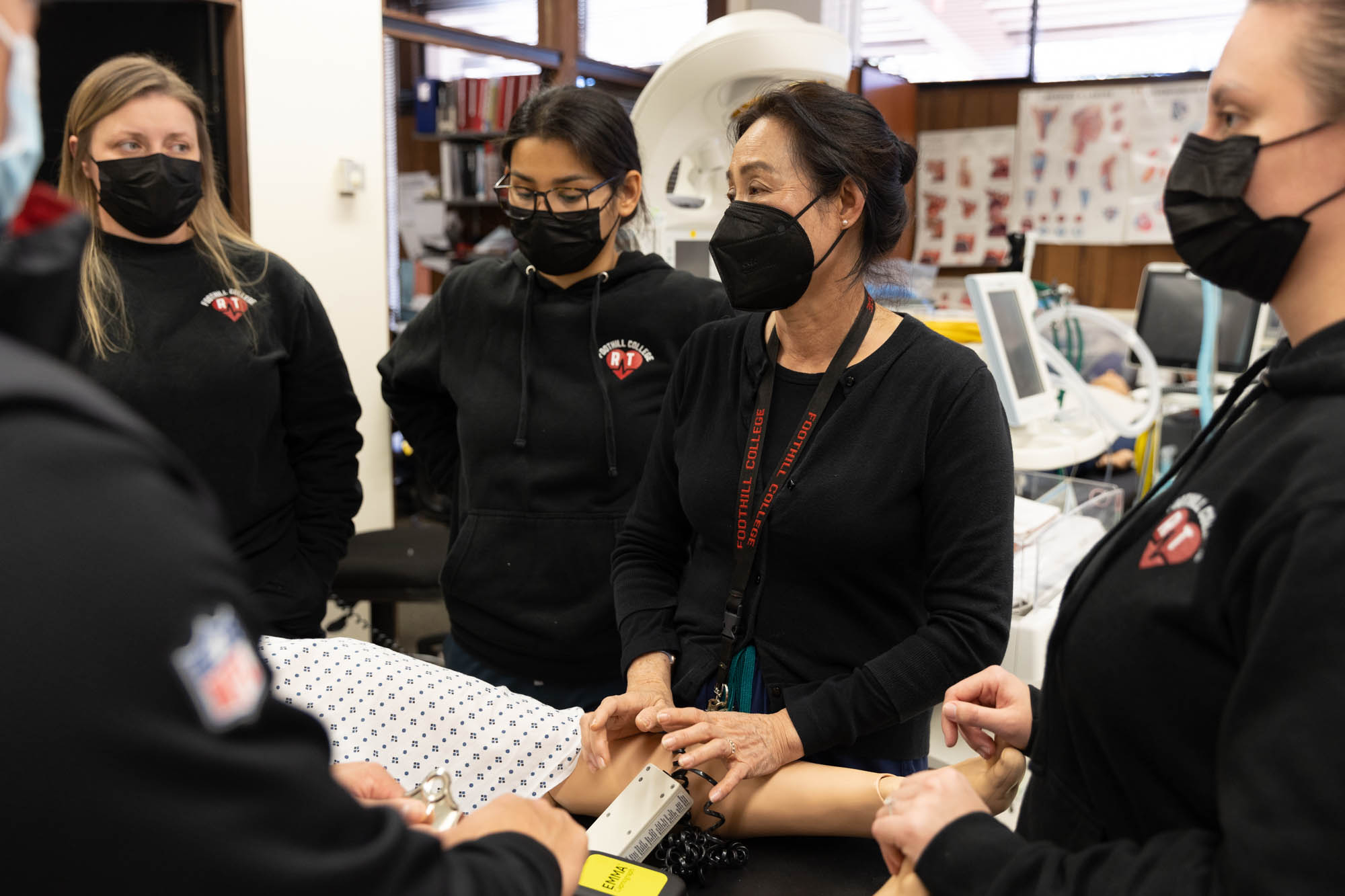
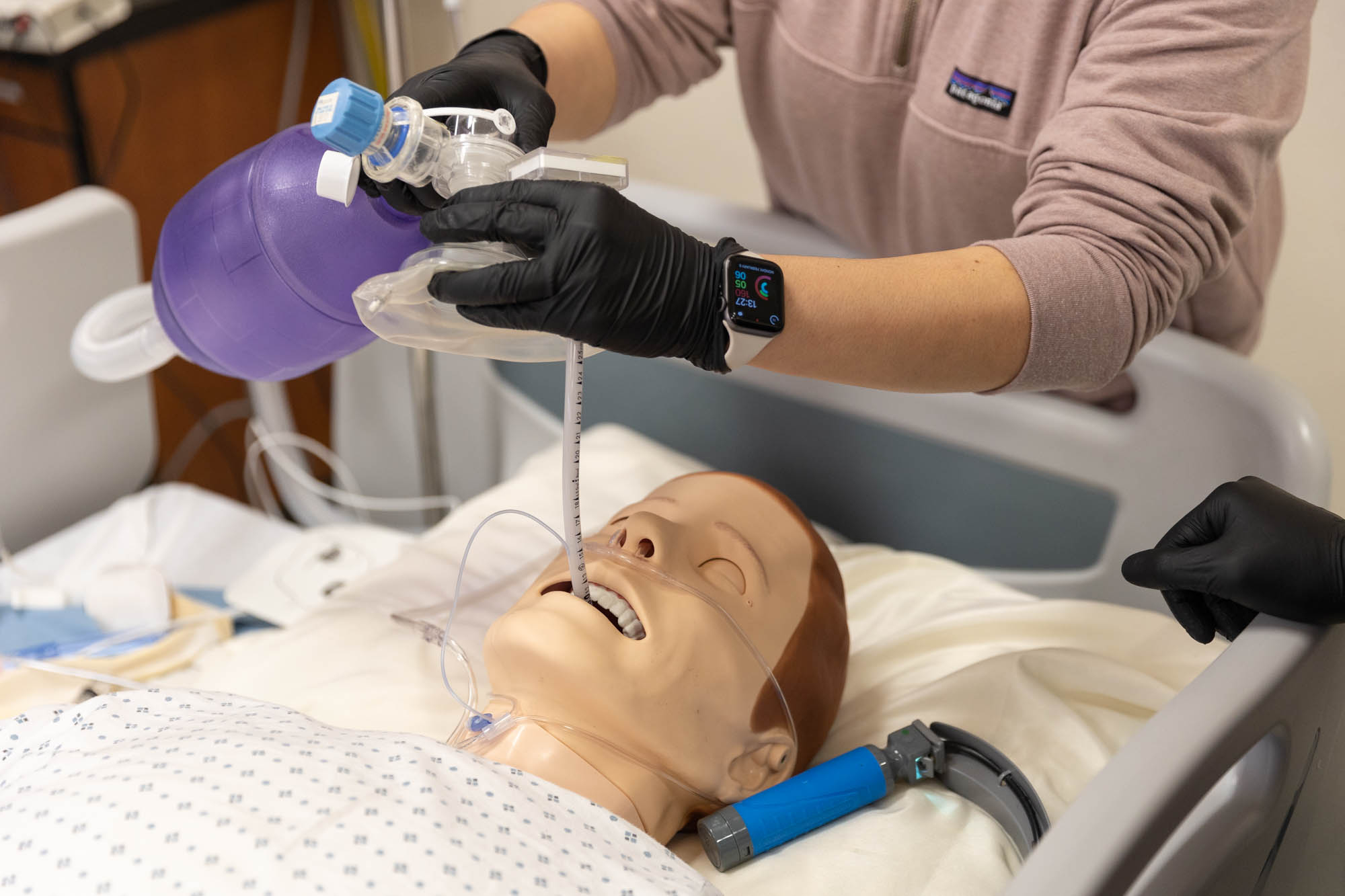
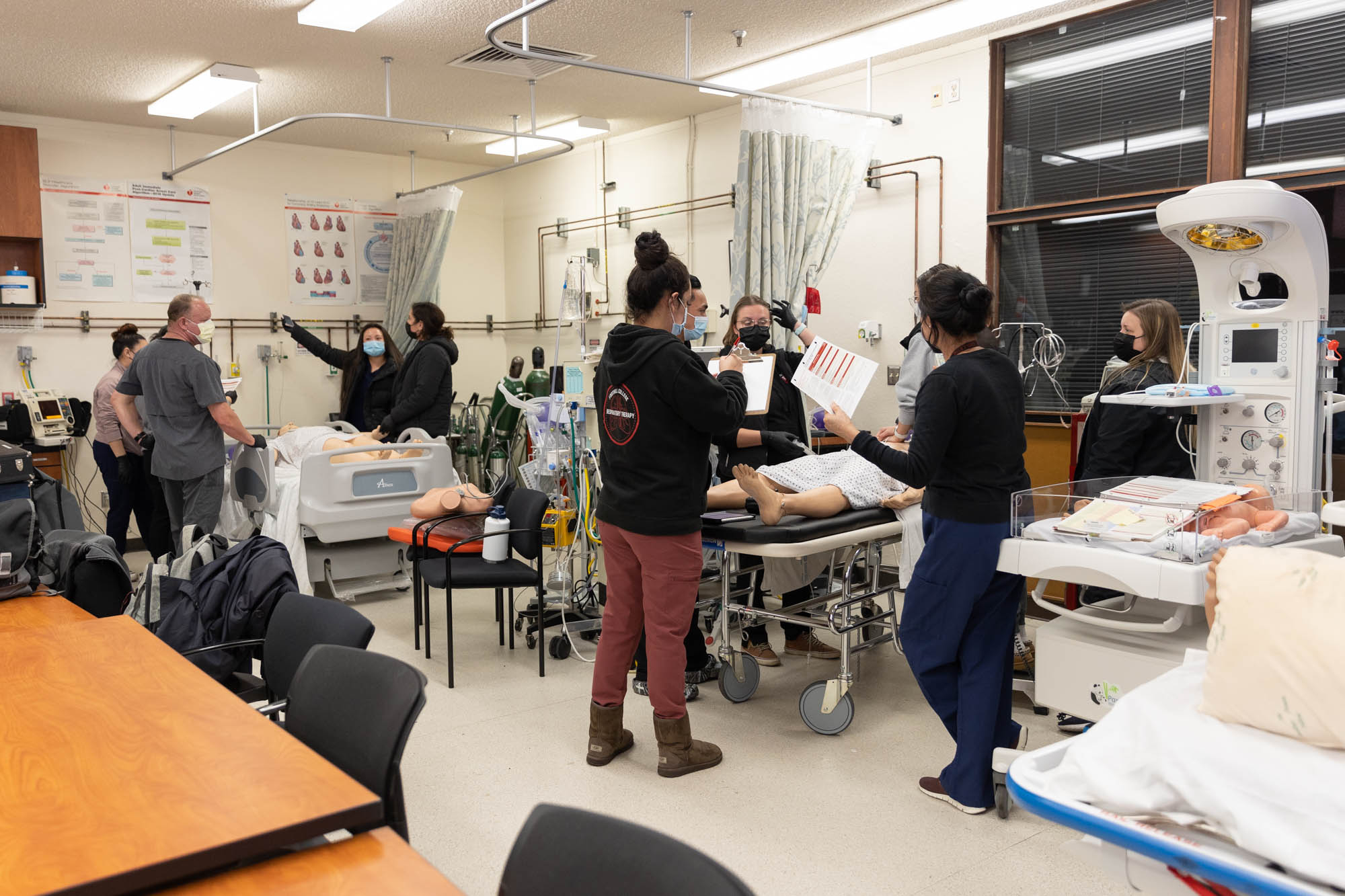

Comments